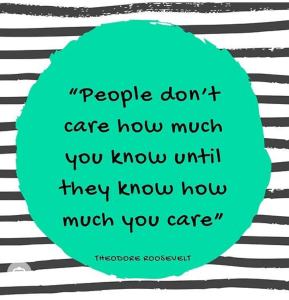 by Carolyn Thomas ♥ @HeartSisters
by Carolyn Thomas ♥ @HeartSisters
I was invited recently to do my “Heart-Smart Women” virtual presentation to a medical school class in New York. For a heart patient like me, this was a dream invitation. I’ve spoken to thousands of people – including patients, the general public, doctors, nurses and academics- since graduating in 2008 from the WomenHeart Science & Leadership patient advocacy training at Mayo Clinic – but I’ve always known that what I really wanted to do was to reach our future doctors. Here’s why those trainees are so important to me. . Continue reading “Talking about women’s heart disease to medical students”



